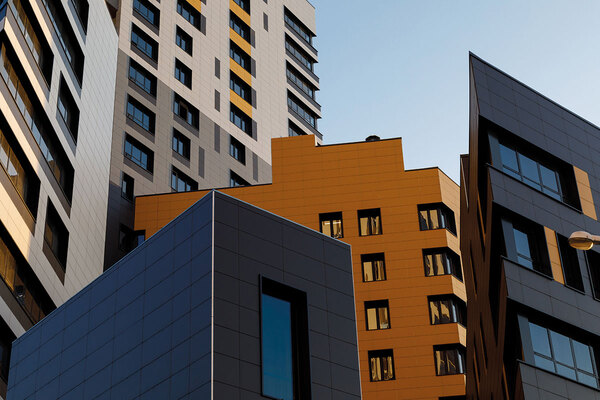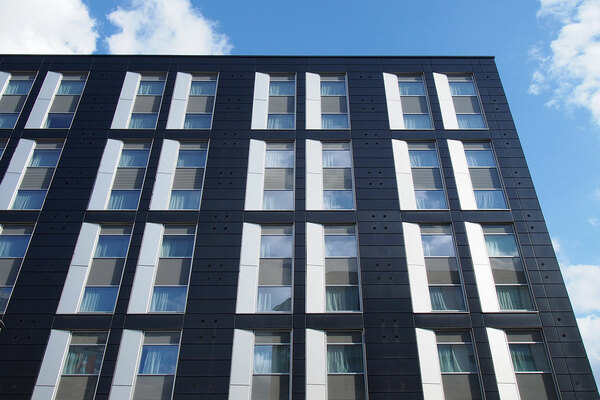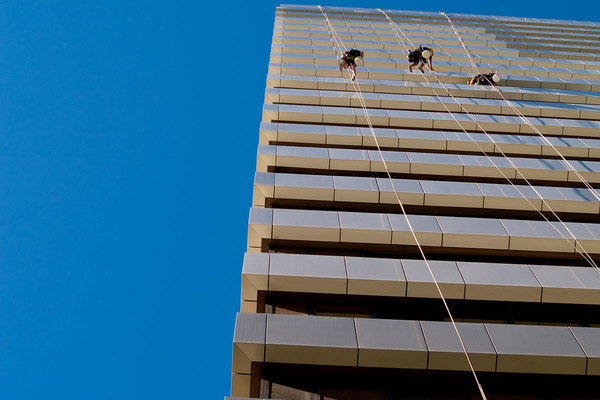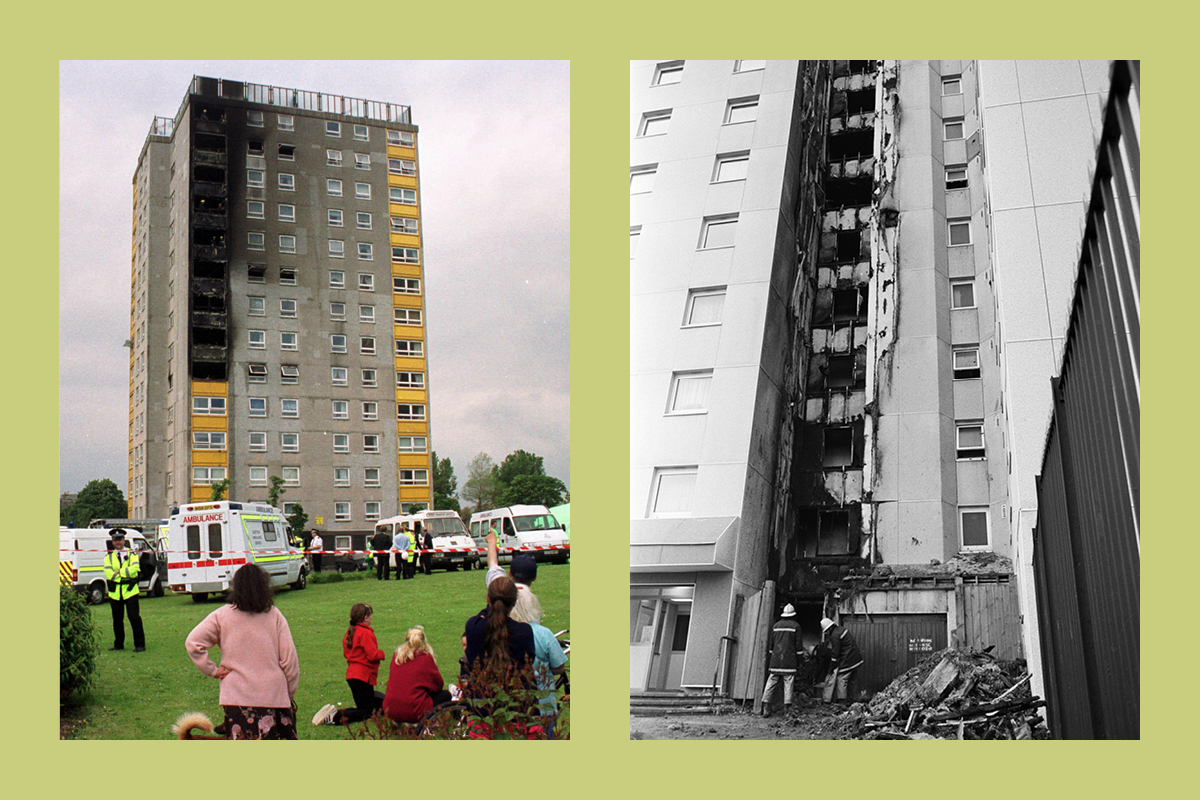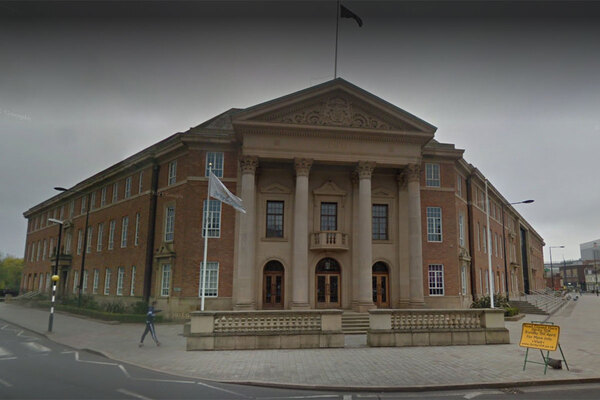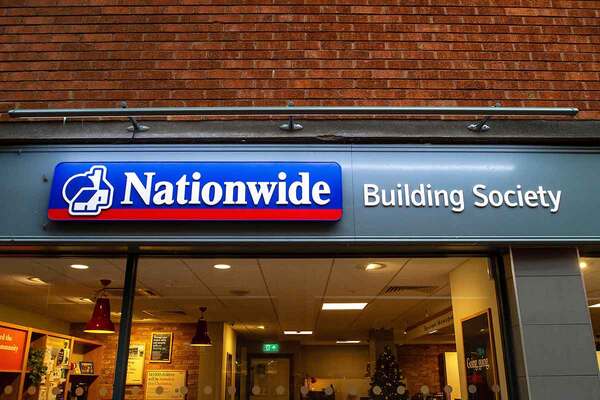You are viewing 1 of your 1 free articles
Leaseholders suffering suicidal thoughts as a result of cladding crisis, new report reveals
Leaseholders caught up in the cladding crisis are suffering suicidal thoughts, according to a new report.
The report by the UK Collaborative Centre for Housing Evidence (CaCHe), found that those living in blocks with building safety issues have reported a spectrum of impacts on their mental health, from constant worrying and an inability to concentrate, to anxiety, isolation and withdrawal, depression and suicidal feelings.
Many leaseholders living in affected buildings are unable to sell their homes until external wall systems can be assessed, risks identified and remediation works carried out. Those that live in blocks requiring remediation are often facing bills of tens of thousands of pounds.
Where present, fear of a dangerous fire breaking out in their building has a very “significant” negative impact on mental health.
But financial concerns related to building safety costs represent the most significant strain on leaseholders’ mental health, with some facing remediation bills of more than £100,000, along with waking-watch costs and insurance hikes.
Authored by Dr Jenny Preece, a research associate at the University of Sheffield, the report is based on 32 in-depth interviews with leaseholders all over the country.
During interviews, some leaseholders said they were unable to enjoy life, that the stress of building safety issues was dominating their lives, and several were going to therapy.
One participant said the mental impact has been “catastrophic” and “all-consuming”, while another said her partner had had a mental breakdown and was left suicidal.
They reported strains on their relationships, feeling trapped, stuck in limbo, and putting plans, such as having children or retirement, on hold. Participants felt they had lost their autonomy and sense of identity as a result of the crisis.
“When a core pillar through which individuals sought to demonstrate their own responsibility, citizenship, and self-governance is destabilised, this can change how they view themselves, creating an atmosphere in which individuals felt like failures.
“Many individuals experienced feelings of shame, guilt and self-blame for the situation they were faced with.
“All the while, these feelings were being stoked by some government narratives around the building safety crisis, with leaseholders feeling very strongly that this was a deliberate strategy to discredit and deny their experiences,” the report states.
Some leaseholders, many of who were “already relatively sceptical of governments”, said the building safety crisis had “exposed high levels of corruption and greed at the heart of government and the housing industry”.
Many leaseholders are not eligible for the government’s £5bn Building Safety Fund, while only one participant in the study had received notice their application was successful.
According to the report, some individuals had a rough idea of the costs of remediation, ranging from £5,000 to £120,000. However, nobody had a specific breakdown of the final costs, or whether they would be required to pay.
Dr Preece concluded that leaseholders affected by the building safety crisis are “experiencing widespread and severe negative impacts on their mental well-being”.
She said that participants in the research felt “let down by systems of regulation and governance which should have ensured that the failures associated with the building safety crisis never occurred”.
“Whilst there is recognition that these facts cannot be changed today, much of the anger felt by leaseholders relates to the way in which they have been left responsible for poor practice, failures of regulation and changing guidance,” Dr Preece said.
In light of the findings, CaCHe has recommended that building owners and managers establish channels of regular and proactive communication with leaseholders living in buildings affected by building safety problems.
They should provide prior warning of any assessments, surveys or works to the building, and an explanation of what is being done and why.
CaCHe said housing associations should establish streamlined policies and procedures to enable default permission to sub-let shared ownership homes where there is an “established need” for leaseholders to move from the property.
It recommended that local authorities establish a council tax discount for cases in which resident leaseholders have had to move out of properties and leave them unoccupied due to building safety problems.
Earlier this month, the new housing secretary Michael Gove told the Housing, Communities and Local Government (HCLG) committee that he intends to pause the loan scheme to cover cladding costs and look to other solutions to protect leaseholders.
Mr Gove, who questioned why leaseholders should “pay at all” at the meeting, also promised to remove the government’s ‘consolidated advice note’ by Christmas.
The note states that all buildings, regardless of height, should be checked for combustible cladding and removed if found, leading to banks calling for External Wall System 1 (EWS1) fire safety checks on buildings lower than 18 metres.
A spokesperson for DLUHC said: “It is unacceptable and unfair that leaseholders are facing excessive bills – they are innocent parties in this and we recognise the impact it can have on their mental health.
“As the Secretary of State has made clear, we are committed to ensuring they are supported and we will be setting out further proposals in due course.
“Building owners and industry must make buildings safe without passing on costs to leaseholders.
“Most blocks of flats are safe and do not need expensive works, and we continue to drive extreme risk aversion out of the market, by encouraging a more proportionate, evidence-based approach from lenders and insurers.
“We’ve already provided over £5 billion to fix unsafe cladding on the highest risk buildings and we are making improvements to building safety regulation to protect future homes.”
If you are affected by any of these issues you can contact the Samaritans, who are open 365 days a year, by email jo@samaritans.org, or by phone on 116 123.
Sign up for our fire safety newsletter
Already have an account? Click here to manage your newsletters
